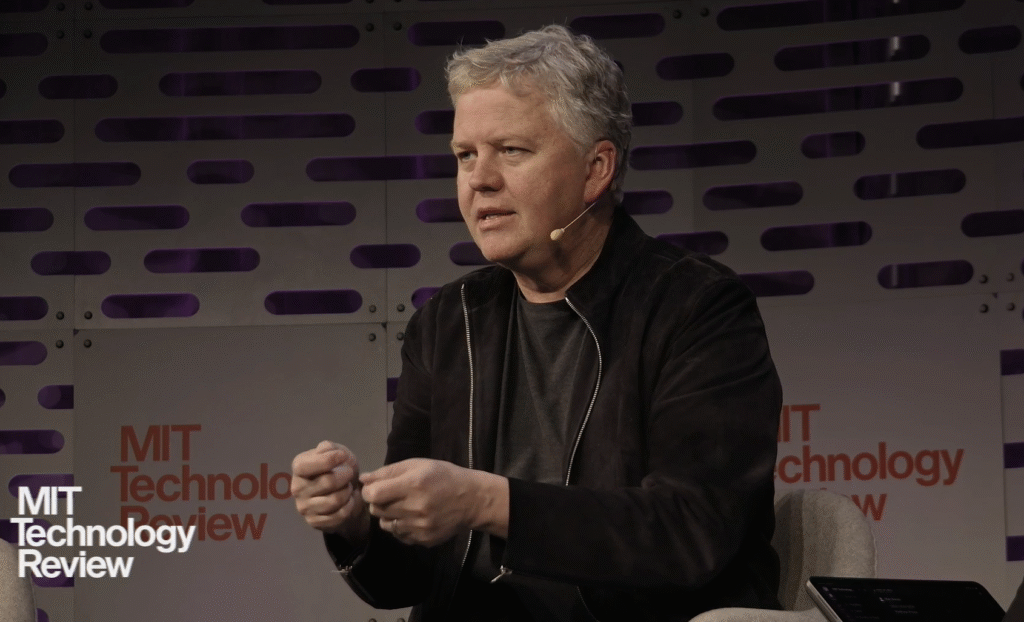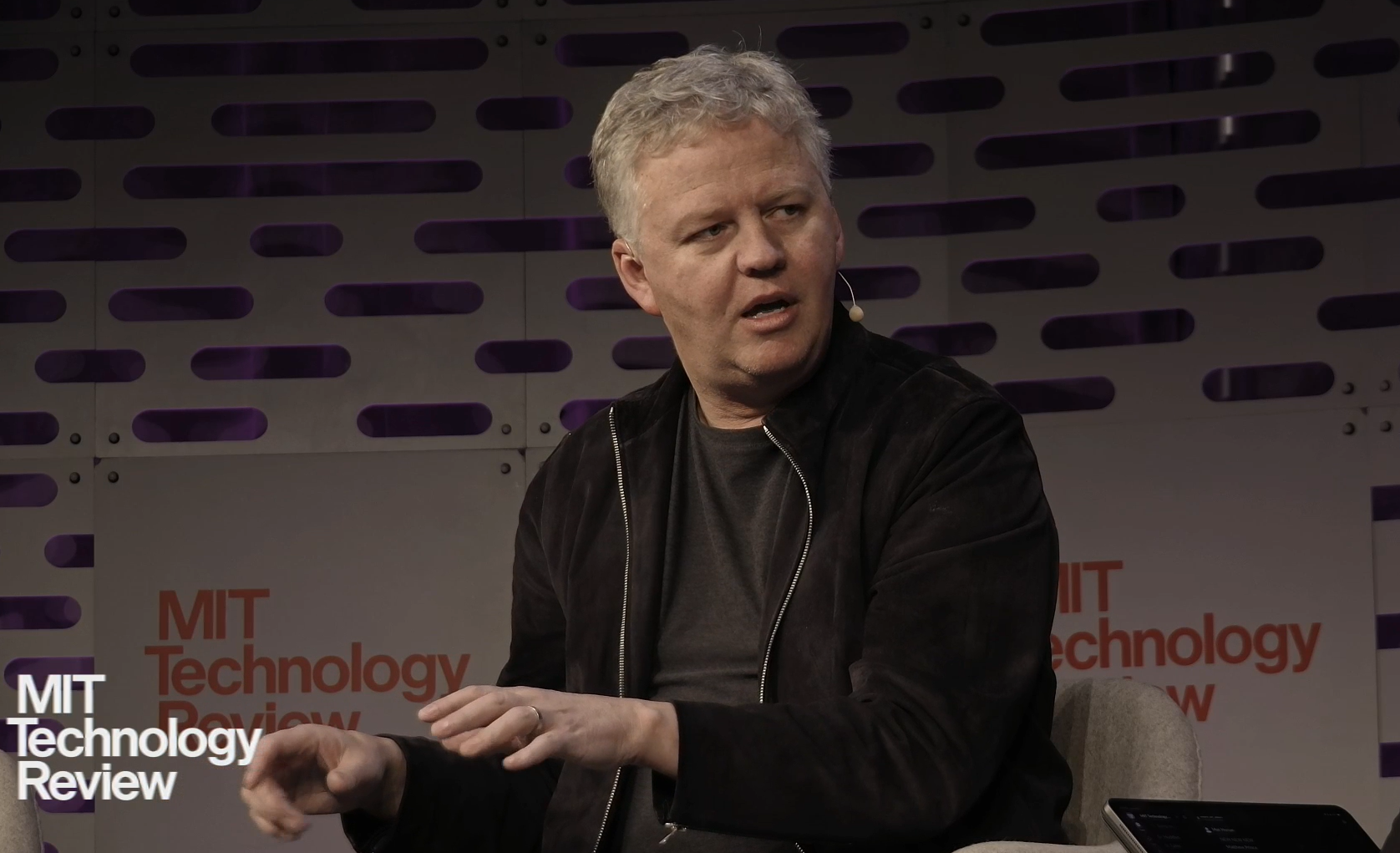EmTechMIT, Cambridge, MA: When Matthew Prince, Co-Founder and CEO of Cloudflare, took the EmTechMIT stage in Cambridge, he delivered what felt less like a keynote and more like a wake-up call for the digital economy. His talk, titled Protecting the Open Web Economy, was a sharp analysis of how artificial intelligence is quietly rewriting the internet’s most fundamental business model, the one that’s sustained everything from journalism to small e-commerce sites for nearly three decades.
The Web’s Original Engine: Traffic as Currency
Prince began by revisiting the early DNA of the internet’s economy, an ecosystem Google helped define. Since the mid-1990s, he argued, the web has thrived on a simple loop: creators publish content, get discovered through search, and monetize through ads, subscriptions, or sales. Google’s search model incentivized more creators to publish because visibility meant traffic, and traffic meant revenue or recognition.
This framework evolved through three major platform shifts (browser, social, and mobile), yet the underlying business model remained intact: generate content, attract attention, monetize eyeballs.
The AI Shift: From Search Engines to Answer Engines
The core disruption, Prince explained, is that AI has broken the link between discovery and traffic. Using a vivid old school analogy from The Jetsons, he compared large language models (LLMs) and chatbots to “Rosie the Robot”: you ask for cookie recipes, and instead of giving you ten links, Rosie just gives you the answer.
In the AI-powered web, users get information, recommendations, and transactional outcomes without ever “clicking through.” That difference, he argued, is seismic. Ten years ago, Google sent one visitor for every two pages it crawled. Today, for every twenty pages it scrapes, it sends only one. The shocking numbers, for AI systems like OpenAI or Anthropic, the ratio is closer to thousands, or even tens of thousands, of scrapes per visit. That’s fundamentally different.
“AI engines are a better experience 95 percent of the time,” Prince said, “but if there’s no business model for content creators, what fuels them?”

Google’s Privileged Position, and the Need for Fair Play
Prince described Google as both hero and potential villain. It once funded the open web by driving traffic through search, but now its privileged crawler access lets it extract content to train AI models without fair compensation. Since publishers can’t easily block Google’s crawlers without also cutting off search ranking and ads, they face what Prince called a “Faustian choice.”
He proposed a structural solution: separate Google’s “search crawl” from its “AI crawl” and ensure all AI companies operate on the same transparent terms. Doing so could unlock fair licensing deals across the web and enable what he envisions as a “Golden Age of media.”
Declaring Content Independence
On July 1, Cloudflare announced a bold step: giving publishers tools to block AI bots from scraping their content until fair agreements are established. Prince likened it to declaring “Content Independence Day.” The goal isn’t to gatekeep the web, he said, but to restore scarcity and create conditions for a healthy market, just as iTunes once did for music after Napster’s free-for-all era.
The potential outcome, he added, could mirror Spotify’s transformation of the music industry: a subscription-style ecosystem where creators are compensated from a shared pool, possibly funded by AI firms under a “per crawl” or “per user” payment scheme.
The Future of Information Value
Looking ahead, Prince sketched a fascinating vision of what tomorrow’s content economy could reward. Instead of chasing clicks or outrage, it may privilege what he called “filling the holes in the cheese”, identifying gaps in collective knowledge and compensating creators who fill them. In this new model, unique, hyper-local, or unexplored content becomes the most valuable raw material for AI systems.
He cited Reddit’s outsized data licensing success compared to established outlets like The New York Times as evidence that specificity and originality, not scale, will define value. “There’s a business model for credible, local, original information,” he said, referring to his own local newspaper in Park City, Utah, now receiving licensing offers from AI companies.
Avoiding the Feudal AI Future
Prince closed with a warning against complacency. Without reform, the coming web could resemble medieval patronage systems, a world where a handful of AI corporations control access to knowledge, news, and even commerce. “The models will build their own Associated Press,” he cautioned, “and that’s not the internet we want.”
Still, he remains optimistic that a cooperative, multi-stakeholder system can emerge, one where AI companies pay fairly, content creators thrive, and the web remains open. “The most interesting question of the next five years,” he concluded, “is what will be the new business model of the internet. If we get it right, we can make a lot of things in the world better.”


Leave a Reply
You must be logged in to post a comment.